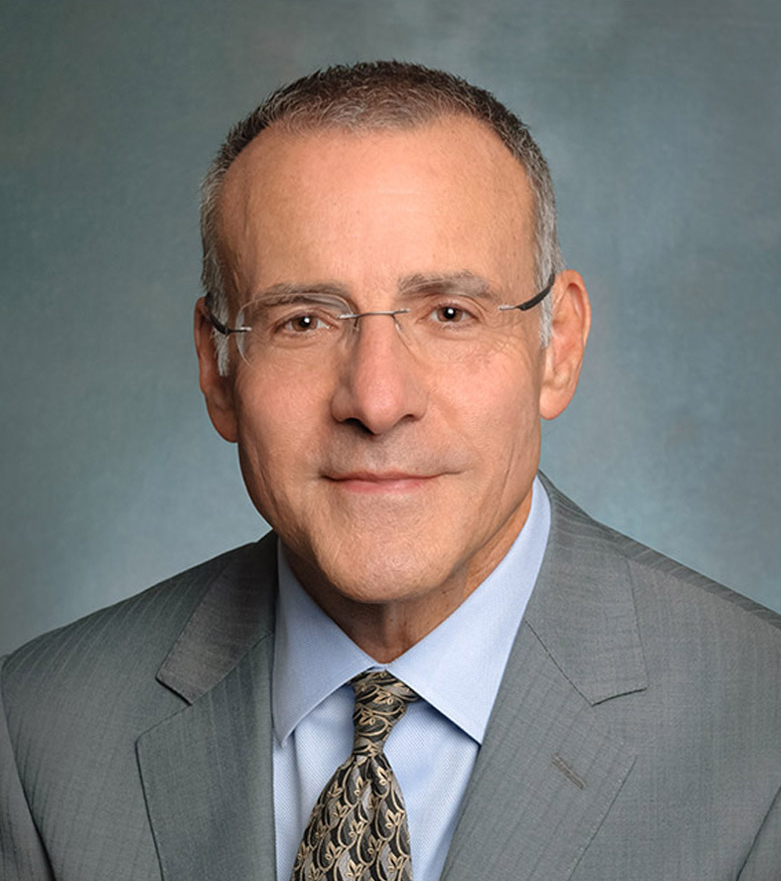Blog
“Way Mo” Autonomous Cars Coming Fast
Personal Injury Attorney
by Andrew L. Shapiro
(818) 907-3230
It’s a race to beat all races: several car makers, including Ford, General Motors, Volvo, BMW and Tesla are promising fully autonomous vehicles within the next five years. Not far behind the pack, Google recently renamed its own autonomous contender the “Waymo”, according to Bloomberg Tech. And Nissan is big in Japan with plans to have commercial, driverless vehicles up and running on its home turf by 2020.
Recently, the U.S. Department of Transportation (DOT) announced that 10 sites across the nation were chosen for the testing of artificially intelligent (AI) vehicles. Two of these are right here in California – at the Contra Costa Transportation Authority in Walnut Creek, and the San Diego Association of Governments.
So what does all of this mean for driver safety?
It’s still too early to tell. For now, the general public can rest assured that the DOT’s designated test sites are meant to be just that – test sites. Automakers running cars at these locations are expected to share test results and tech knowledge per a Federal Automated Vehicles Policy released in September.
Transportation Secretary Anthony Foxx explained:
This group will openly share best practices for the safe conduct of testing and operations as they are developed, enabling the participants and the general public to learn at a faster rate and accelerating the pace of safe deployment.
Autonomous Vehicle Safety
Last May a driver was killed in Florida when his autonomously driven Tesla crashed into a truck. The National Highway Traffic Safety Administration though, recently concluded that Tesla was not at fault. NHTSA said driver-assist software for the vehicle performed “as designed”, and that drivers should still pay attention when behind the wheels of AI vehicles.
The feds investigated other AI crashes and found that many of these were because of “driver behavior factors”.
Overall, even the insurance industry is gearing up for safer highways and streets. Once autonomous vehicles really get rolling, the industry expects a decline in driver insurance premiums, though it also expects an increase in product liability revenue. The reason?
Drivers involved in crashes will sue each other less and less, and will instead turn to car makers to satisfy injury claims.
Andrew L. Shapiro is the Chair of our Personal Injury Practice Group.
